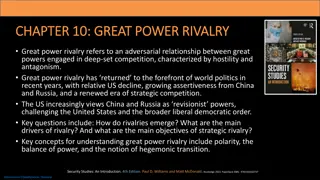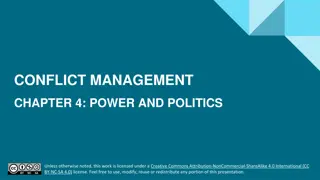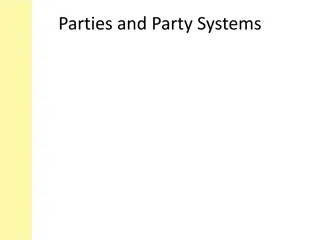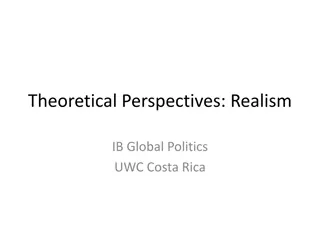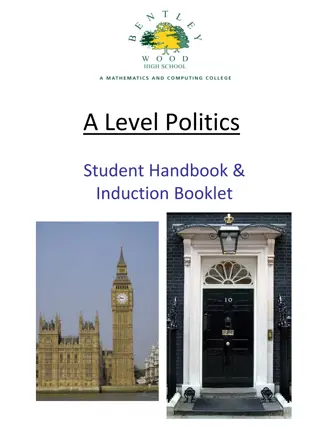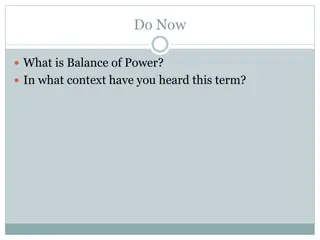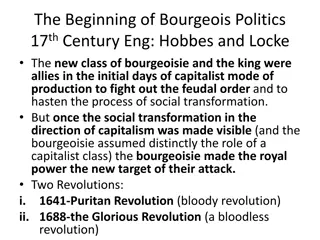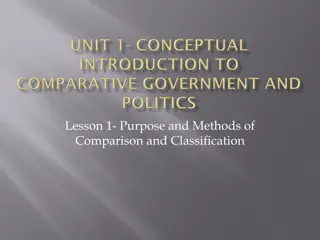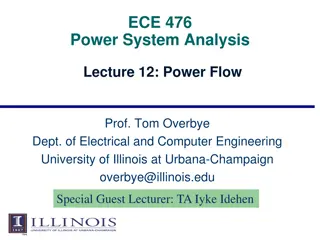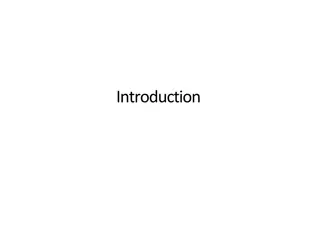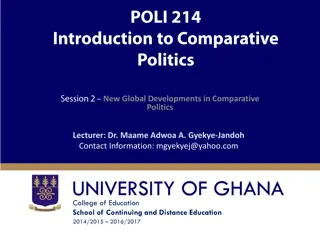Understanding Balance of Power Theory in Global Politics
Balance of Power Theory in global politics emphasizes the distribution of military capability among states to prevent hegemony and maintain national security. It is a realist theory that highlights the importance of preventing any single state from dominating others. The theory discusses how stronger states may exploit their power, leading weaker states to form defensive coalitions. States can counter external threats through strategies like balancing, bandwagoning, buck-passing, or blood-letting. Balancing involves equalizing odds against powerful states, with external and internal balancing as key strategies. Bandwagoning, on the other hand, involves aligning with stronger powers for various reasons.
Download Presentation

Please find below an Image/Link to download the presentation.
The content on the website is provided AS IS for your information and personal use only. It may not be sold, licensed, or shared on other websites without obtaining consent from the author. Download presentation by click this link. If you encounter any issues during the download, it is possible that the publisher has removed the file from their server.
E N D
Presentation Transcript
Balance of Power Theory IB Global Politics UWC Costa Rica
Key Point National security is strengthened when military capability is distributed so that no single state can dominate all others
Balance of Power Theory is a realist theory
Key assumptions of realist theories International order is anarchic Primary goal of all actors is survival Power is relative
What happens if one state becomes stronger? According to Balance of Power Theory, that state will take advantage of its strength and attack weaker neighbours This provides an incentive for those threatened to join each other in a defensive coalition
How might states counter an external threat? When faced with an external threat from a more powerful state, states have several options: Balancing Bandwagoning Buck-passing Blood-letting
Balancing Balancing encompasses the actions that a particular state or group of states take in order to equalise the odds against more powerful states (make it more difficult and hence less likely for powerful states to exert their military advantage over the weaker ones)
Two types of balancing External Balancing External balancing involves strengthening and enlarging one's alliances and interstate cooperation in order to prevent a hegemon or counter a rising power. Internal Balancing Internal balancing involves efforts to enhance state's power by increasing one's economic resources and military strength in order to be able to rely on independent capabilities in response to a potential hegemon and be able to compete more effectively in the international system
Bandwagoning A state aligns with a stronger, adversarial power and concedes that the stronger adversary-turned- partner disproportionately gains in the spoils they conquer together Question: Why would a state choose to bandwagon instead of balance?
Buck-passing Instead of balancing against an aggressor, some states instead choose to "pass the buck" whereby instead of taking action to prevent a potential hegemon's rise, it will pass the responsibility on to another state Mearsheimer argues there are 4 strategies states can use to facilitate buck passing
One: Seeking good diplomatic relations with the aggressor in the hope that it will divert its attention to the "buck-catcher
Two: maintaining cool relations with the buck-catcher so as not to get dragged into the war with the buck-catcher and as a result possibly increase positive relations with the aggressor
Three: increasing military strength to deter the aggressive state and help it focus on the buck- catcher
Four: facilitating the growth in power of the intended buck-catcher
Blood-letting If a state is an enemy with both the aggressor and the intended buck-catcher, a buck-passer can implement a bait and bleed strategy whereby the state causes two rivals to engage in a protracted war while the baiter remains on the sideline. Bloodletting, a further variant whereby a state does what it can to increase the cost duration of the conflict can further increase the buck-passer s relative power Question: Why might states prefer bloodletting and buck passing to balancing?




